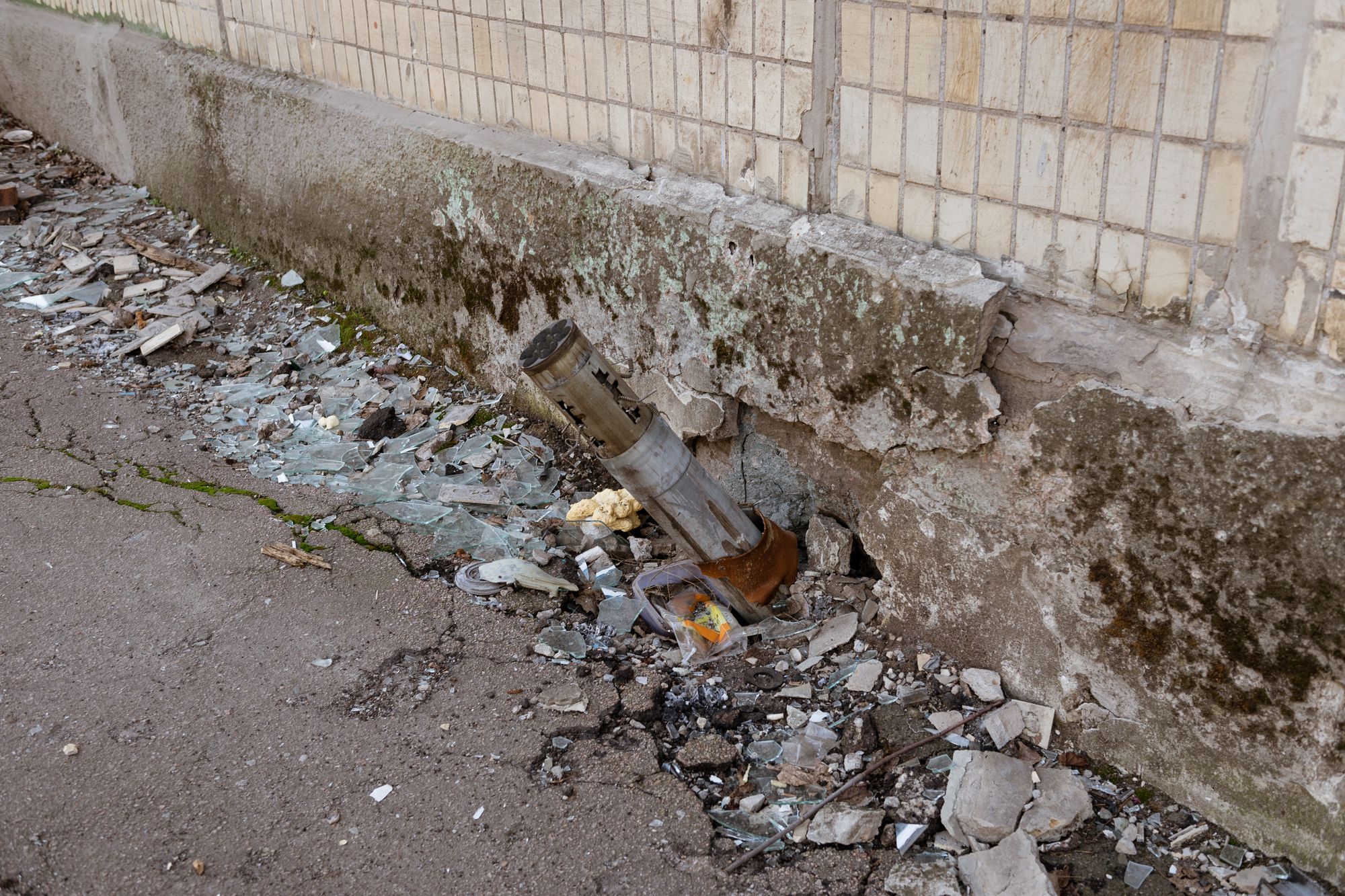US approves cluster munitions for Ukraine

The U.S. will provide Ukraine with cluster munitions, National Security Advisor Jake Sullivan confirmed on July 7.
"Because we've seen all these reports on the provisions of cluster munitions for Ukraine, I will leave it to the Pentagon to make an official announcement on the next drawdown package, and to go into details of that drawdown package, and the specifics on the type of munitions being provided, but I will use this opportunity to make a few points," Sullivan said.
He also said that "Russia has been using cluster munitions since the start of the war to attack Ukraine."
"Russia has been using munitions with high dud or failure rate of 30-40%," Sullivan added. "In this environment, Ukraine has been requesting munitions in order to defend its own territory. The cluster munition that we would provide has dud rates far below what Russia is doing, not higher than 2.5%."
Sullivan added that this provision will come as part of a larger military aid package for Ukraine, which will be further specified by the Department of Defense.
Cluster bombs carry smaller bomblets that disperse across a wide area upon detonation.
A bipartisan group of U.S. lawmakers asked U.S. President Joe Biden on June 26 to provide cluster munitions to Ukraine.
According to Foreign Policy magazine, DPICMs can be fired by the 155mm artillery systems that the U.S. has already provided to Ukraine and could be very effective at clearing Russian defense lines.
The step could prove controversial due to humanitarian concerns over the use of cluster munitions. The unexploded bomblets may pose a danger to the civilian population in the area long after the hostilities end. More than 100 countries joined the Convention on Cluster Munitions, banning their use, production, and stockpiling. The U.S., Russia, and Ukraine are not among the signatories.
The proportion of bomblets that do not explode upon impact is called the "dud rate." According to Sullivan, the munitions provided to Ukraine will not have a dud rate higher than 2.5%, compared to 30-40% of cluster munition that Russia uses in Ukraine.
Sullivan emphasized that the U.S. will cooperate with Ukraine on demining efforts and that Kyiv intends to use cluster munitions to defend its sovereign territory and citizens.
Foreign Policy reported on Jan. 11 that Turkey had already provided Ukraine with cluster munitions, but Ankara denied it. According to international observers, Russia has been extensively using cluster munitions, including against civilian targets.











